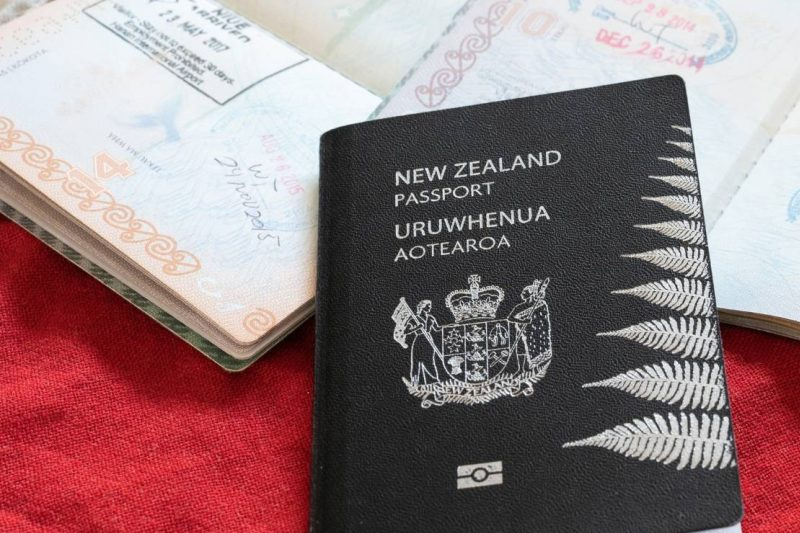

New Zealand Revamps Visa Programme - New Zealand has announced significant changes to its Accredited Employer Worker Visa
New Zealand Revamps Visa Programme – New Zealand has announced significant changes to its Accredited Employer Worker Visa (AEWV) programme in response to what it describes as “unsustainable” levels of migration. The alterations include the introduction of English language requirements for low-skilled roles and the implementation of minimum skill and work experience thresholds for most employer work visas.
In 2023, New Zealand experienced a near-record migration influx, with close to 173,000 individuals relocating to the country. This surge raised concerns about the sustainability of such high migration levels, particularly in light of potential impacts on infrastructure and inflation. With a population of approximately 5.1 million, the rapid growth in migrant numbers since the pandemic’s end prompted policymakers to reassess immigration policies.
To address these concerns, the New Zealand government has implemented several key changes to the AEWV programme. Firstly, English language requirements will now be mandatory for low-skilled positions, ensuring that migrants can effectively communicate and understand their rights in the workplace. Additionally, a minimum skills and work experience threshold has been established for most employer work visas, aiming to prioritize highly skilled migrants in areas experiencing shortages, such as secondary teaching.
The reforms also include adjustments to visa duration, with the maximum continuous stay for most low-skilled roles reduced from five years to three years. This change aims to strike a balance between meeting business needs and safeguarding the interests of New Zealanders by prioritizing local employment opportunities. By limiting the duration of stays, the government seeks to mitigate potential strains on core infrastructure, including schools, housing, and healthcare systems.
Immigration Minister Erica Stanford emphasizes that these adjustments are crucial to the government’s broader economic rebuilding agenda. By attracting and retaining highly skilled migrants in areas experiencing shortages, such as secondary teaching, the government aims to support economic recovery and address labour market demands effectively. Moreover, ensuring that New Zealanders have priority access to jobs where there are no skill shortages remains a fundamental aspect of the policy framework.
Stanford highlights that many of the changes to the AEWV programme are a return to pre-pandemic settings, designed to strike a balance between meeting business needs and safeguarding national interests. By facilitating the right mix of skilled temporary migrants, the government aims to address genuine skill and labour shortages while managing the pressures on essential infrastructure. This approach acknowledges the importance of immigration in driving economic growth while also recognizing the need to manage migration levels responsibly.
New Zealand’s reforms to its visa programme reflect a proactive response to the challenges posed by unsustainable migration levels. By introducing English language requirements, setting minimum skill thresholds, and adjusting visa durations, the government aims to prioritize the needs of both businesses and local communities. These changes align with the broader objective of rebuilding the economy while ensuring that immigration policies support sustainable growth and address skill shortages effectively. As New Zealand navigates the post-pandemic landscape, these measures signal a commitment to managing migration in a manner that benefits both migrants and the broader society.
The DAX market is projected to begin the day without significant movements on Thursday, March 20, 2025. The markets of…
February’s employment data from Australia revealed surprising weakness with employment decreasing by 52,800, after a trend of strength. In terms…
All in all, the impacts of artificial intelligence and automation on job security have raised wide-spread concerns and discussions. With…
According to Angelique Renkhoff-Mücke the business landscape in the United States became less attractive for foreign investors when former President…
During the 2025 Game Developer Conference in San Francisco, the United Videogame Workers Union officially launched on Wednesday as a…
Google has agreed to pay $28 million to settle a class-action lawsuit that accused the tech behemoth of sending better…
This website uses cookies.
Read More